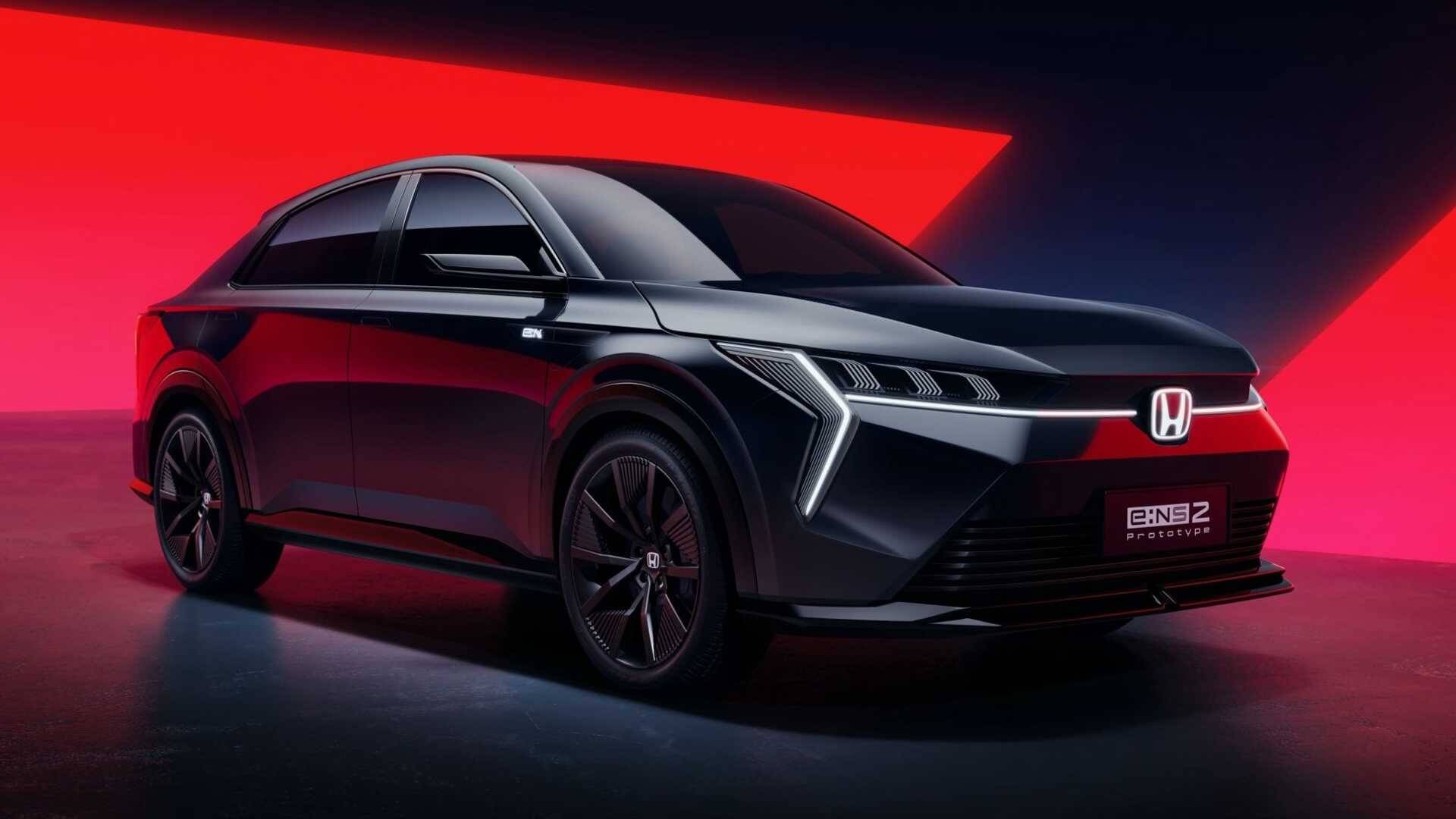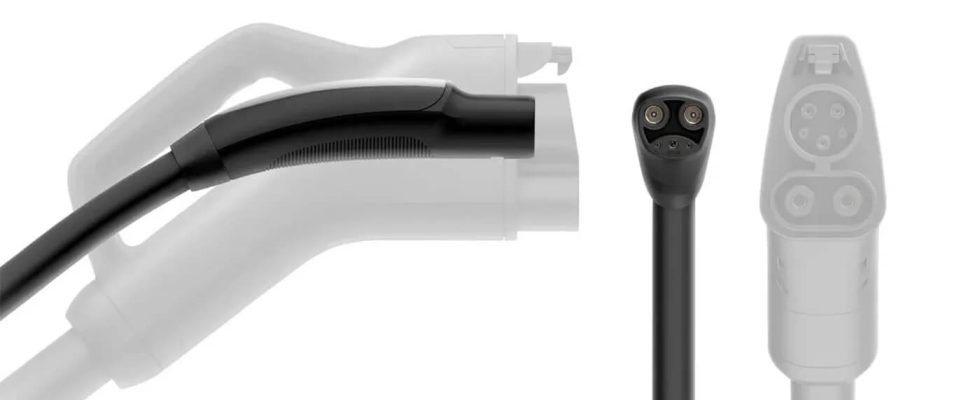In a move aimed at simplifying the charging experience in its electric vehicles, Honda decided to use the NACS connector system. This move by the brand aligns the automaker with a growing trend in the North American EV arena.
To add some meaning to the sentence, Tesla opened the North American Charging Standard (NACS) to everyone last year in an effort to standardize electric vehicle charging. Since then, automakers have started using the same system, seeing the potential benefits of joining Tesla’s Supercharger network.
However, our topic today is only about Honda. In a highly anticipated move, the Japanese auto giant has announced its decision to use the Tesla-designed NACS connector for its electric vehicles in North America. This marks a significant shift in the industry as this connector is said to become the de facto charging standard for EVs in the region. Why is it important, you ask? Imagine one universal phone charger for every brand. (Just like the new iPhones coming out this year use Type-C.) Convenient, right? This appears to be the direction EV charging is heading in North America.
So when will all this be revealed? By 2025. However, there is a small catch for early adopters. All EV models that Honda will launch in North America before 2025 will come equipped with a Combined Charging System (CCS) port. However, rest assured, these vehicles will be compatible with NACS via a charging adapter.
Honda’s compatriot Nissan made headlines nearly two months ago by becoming the first Japanese automaker to adopt the NACS connectivity system. Honda’s electric vehicles, along with its luxury division Acura, can now be charged via the NACS port. “If you can’t beat ’em, join ’em.” One might even wonder if the old saying has made its way into the automakers’ playbook.
Interestingly, Honda’s adoption of the Tesla-led NACS system comes after the automaker joined a consortium to roll out an electric vehicle charging network in North America. Who are the consortium members? Some names that may sound familiar: BMW, General Motors, Hyundai, Kia, Mercedes-Benz and Stellantis.
But this shift in commitment begs the question: Is the NACS connector successful enough? If we follow the trends and activity around it, it certainly looks like it. Companies such as Volvo, General Motors, Ford and Rivian only announced their commitment to NACS in 2023.

But before we get too carried away, let’s not forget that the NACS must go through a standardization process to become the final US-wide standard. Tesla is working on this with the US Energy and Transportation Joint Office and SAE International. But until that final stamp of approval comes in, all eyes will be on other automakers to see who’s next.
